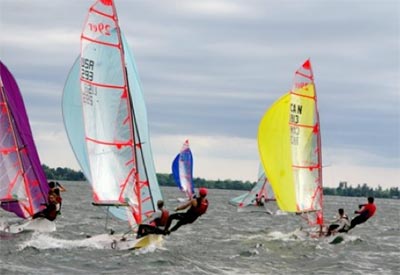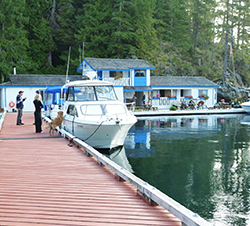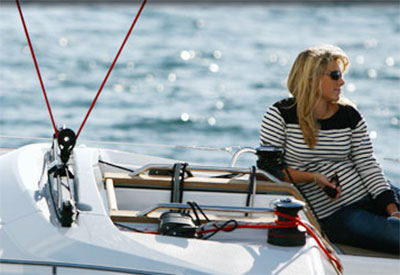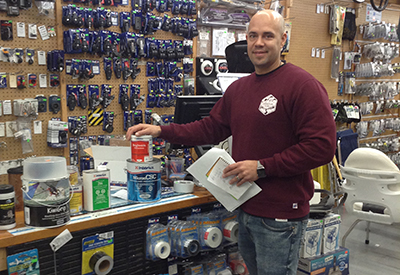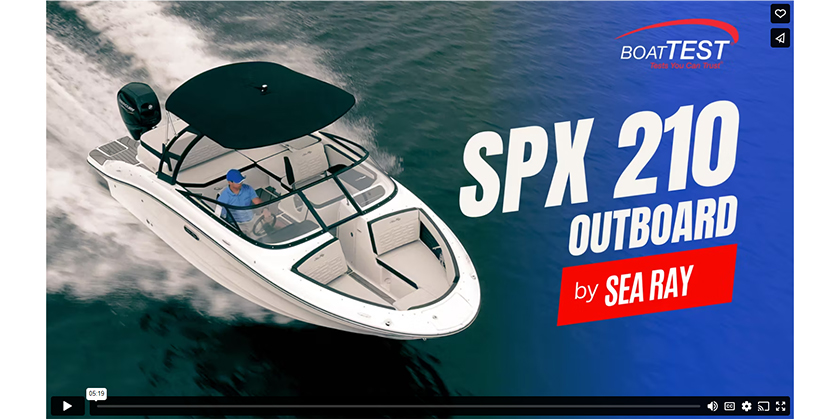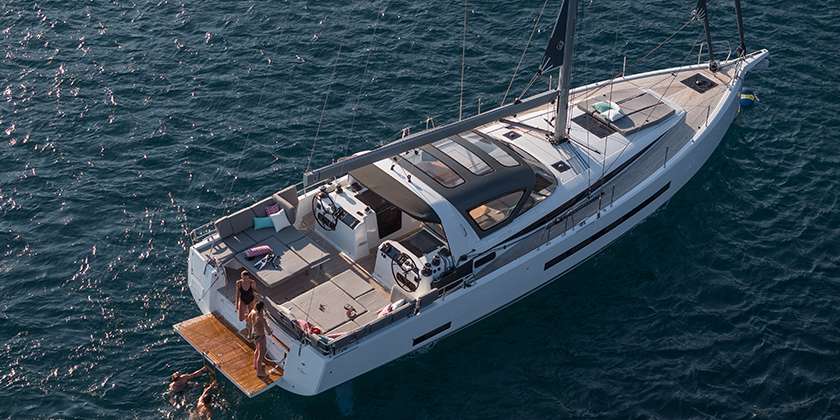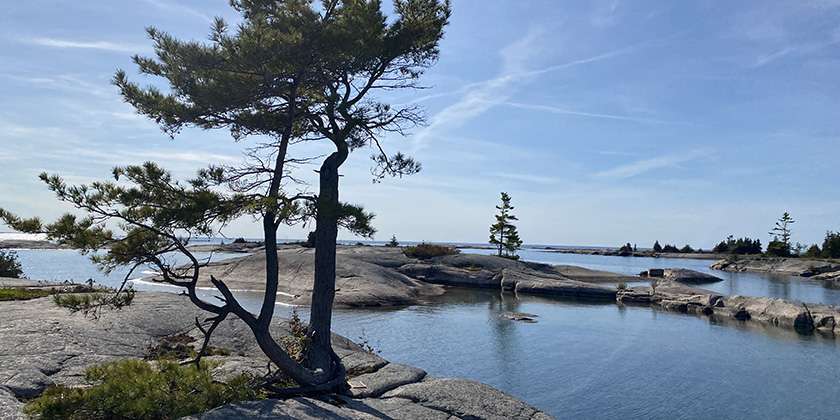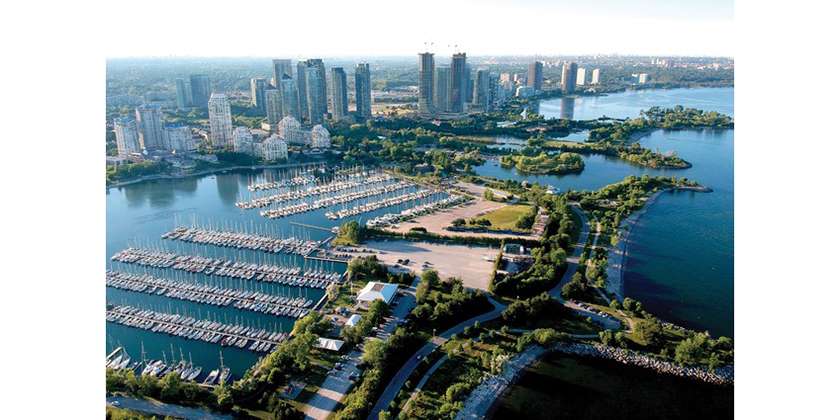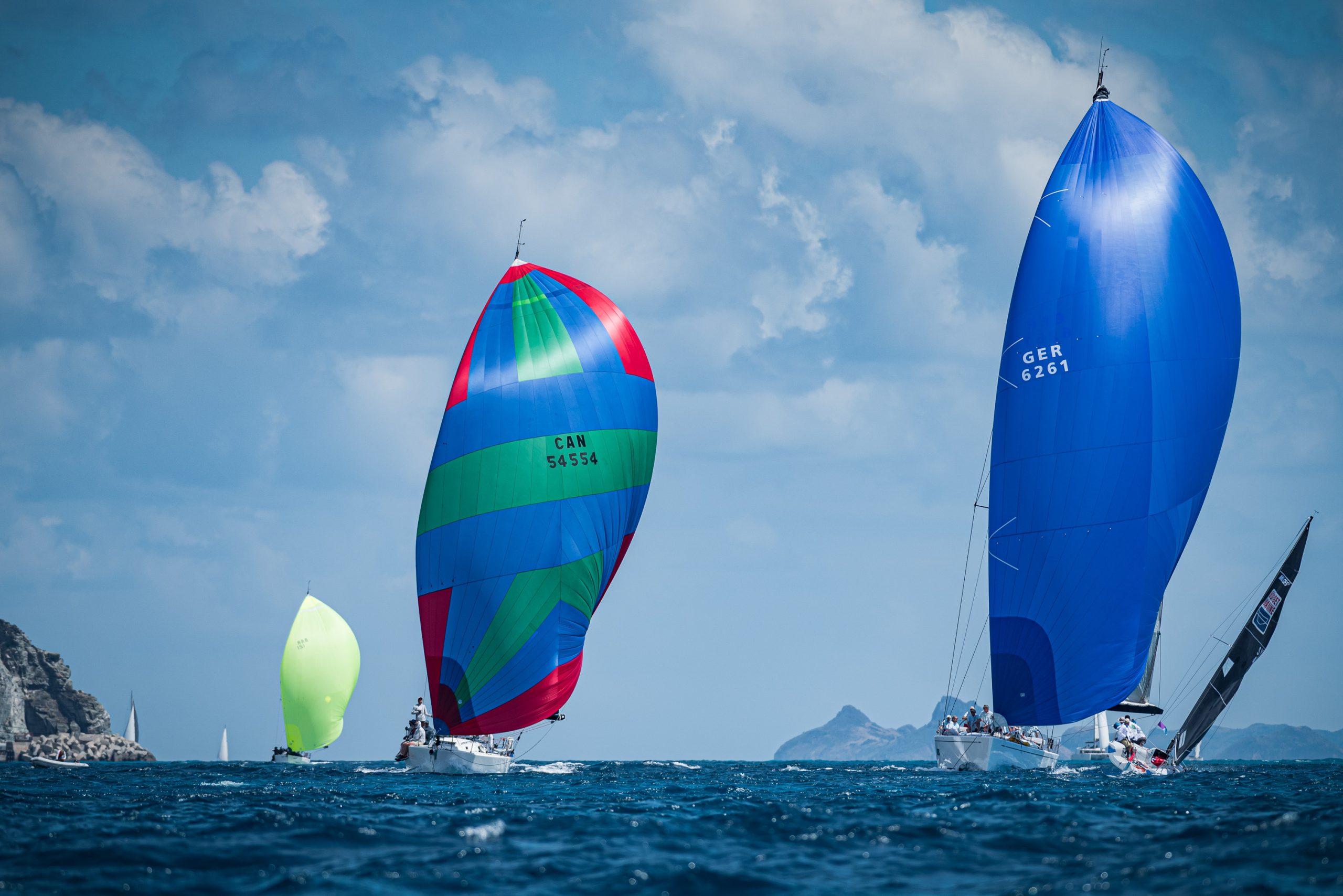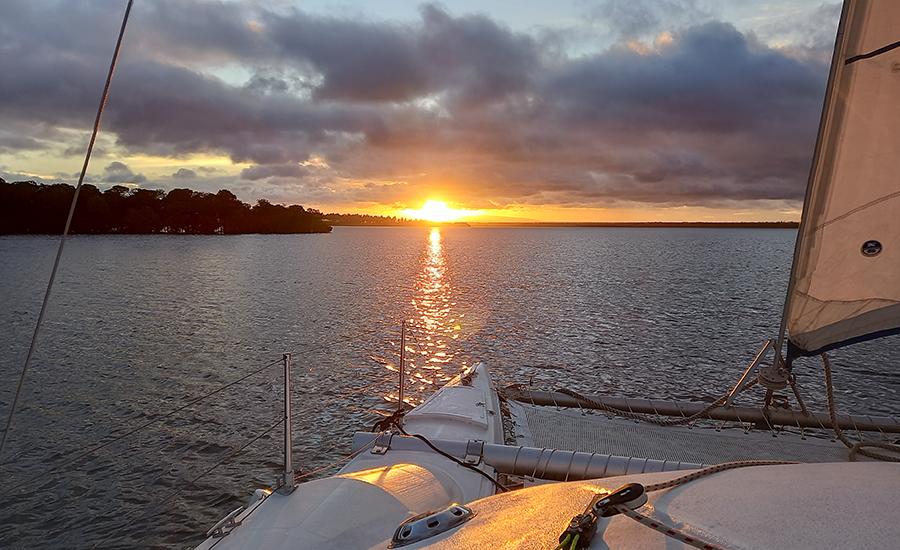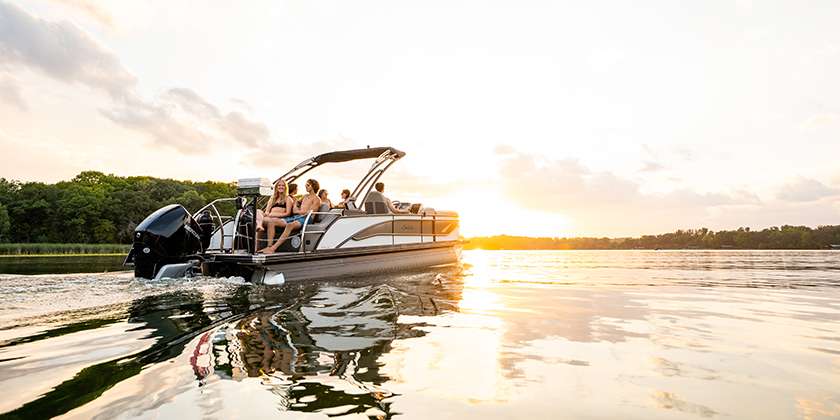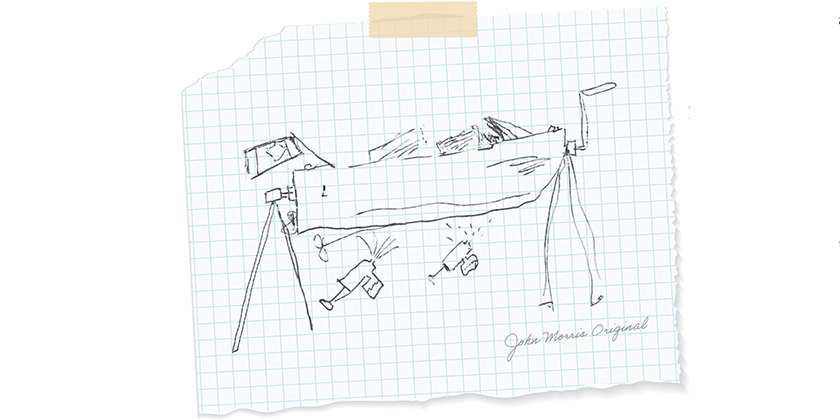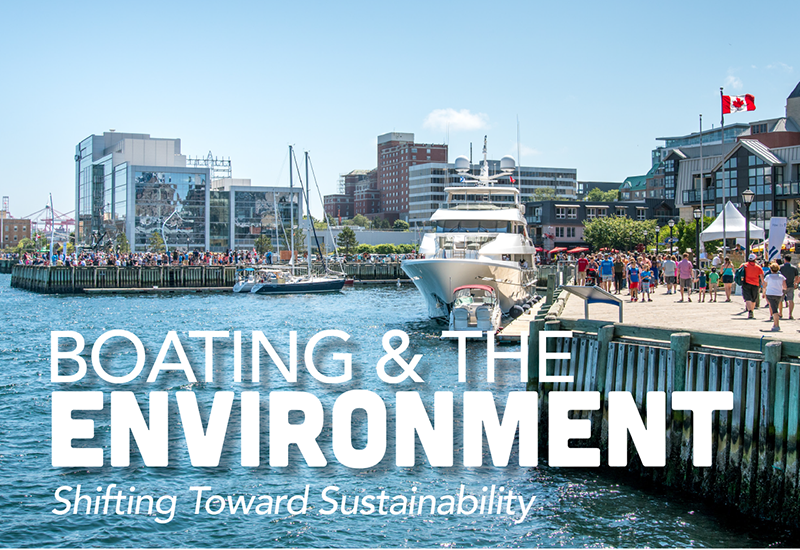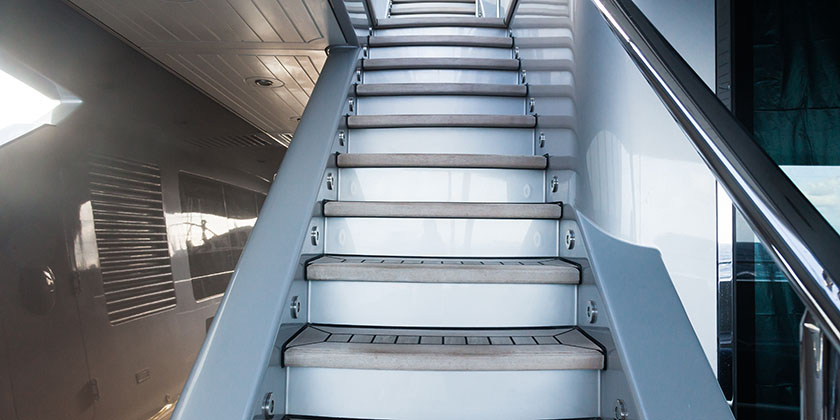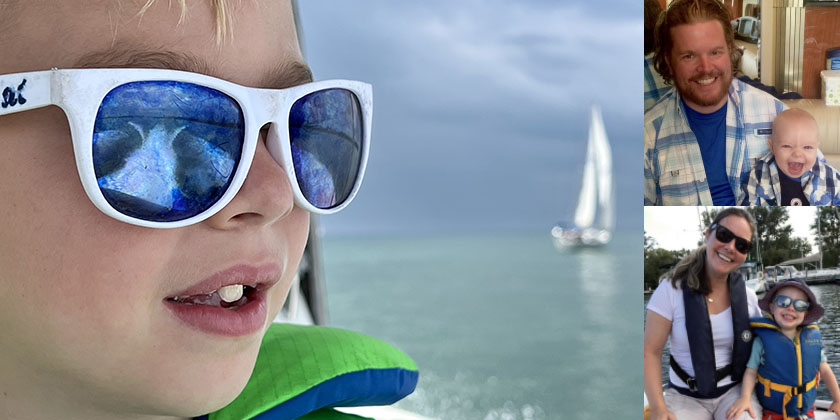Red Cross Urges Life-Jacket Use After Couple’s Close Call in Frigid Newfoundland Water
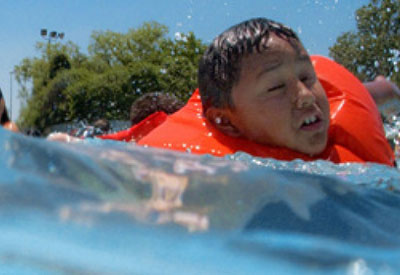
Aug 16, 2016
Organization says life-jackets would prevent 90 per cent of water-related fatalities
Following a dramatic boating accident off the Northern Peninsula, where a young couple survived for hours in the numbing waters by clinging to a gas can after a whale capsized their boat, the Canadian Red Cross is urging everyone to wear life-jackets whenever they’re out on the water.
Couple survive hours at sea after whale topples boat off Northern Peninsula
“In an unexpected situation like this, wearing a life-jacket would’ve been the number one most important thing,” said Mariea Dredge, a boating safety officer with the organization, who added it was “pure luck” the two made it through their ordeal alive.
Photo: The Red Cross says even strong swimmers don’t stand much of a chance against the cold waters of the North Atlantic, making life-jackets essential. (Chris Landsberger/Oklahoman/The Associated Press)
Dredge said the summer of 2016 has seen numerous such boating accidents across Newfoundland and Labrador.
“Especially now with the food fishery open every single weekend, a lot of people are taking to the ocean,” she told CBC Radio’s Corner Brook Morning Show.
Man killed in recreational fishing accident in St. Vincent’s
‘I thought I was dead’: Whitbourne boaters share harrowing tale of colliding with humpback
A recent report from the Red Cross stated up to 90 per cent of water-related fatalities in Canada could have been prevented by proper use of a life-jacket or a PFD [personal flotation device].
The couple’s life-jackets were stowed inside the boat, abiding by the regulations which state the devices must be on board but do not need to be worn, a law the Red Cross is critical of.
“The way to make people wear PFDs is to have it as a law and then to enforce it. But then the issue is, who enforces it?” said Dredge.
Is it time to make life-jacket use mandatory in boats?
Cold water shock
Dredge said a common excuse given for skipping a life-jacket is that the boaters are also strong swimmers — a claim the North Atlantic’s waters, which at best reach 10 degrees Celsius, can quickly nullify.
“In the first minute that you fall into cold water, you experience something that we call ‘cold water shock.’ You involuntarily hyperventilate, so this is a time that a lot of people end up taking in water and drowning,” she said.
Dredge added if you survive that, it takes about the next ten minutes for your arms and legs to stop working, and in the next hour hypothermia will set in.
“During that time, it’s really critical that you have that life-jacket or PFD on whether you’re a good swimmer or not.”
“You can’t control those circumstances and your body doesn’t really react the way you would expect it to — so you need it there to help you float,” she said.
Indigenous boaters less likely to wear life jackets, says Red Cross report on drownings
The Red Cross said on average, 23 people in Newfoundland and Labrador die on the water each year.
Article By Lindsay Bird, CBC News
With files from the Corner Brook Morning Show

